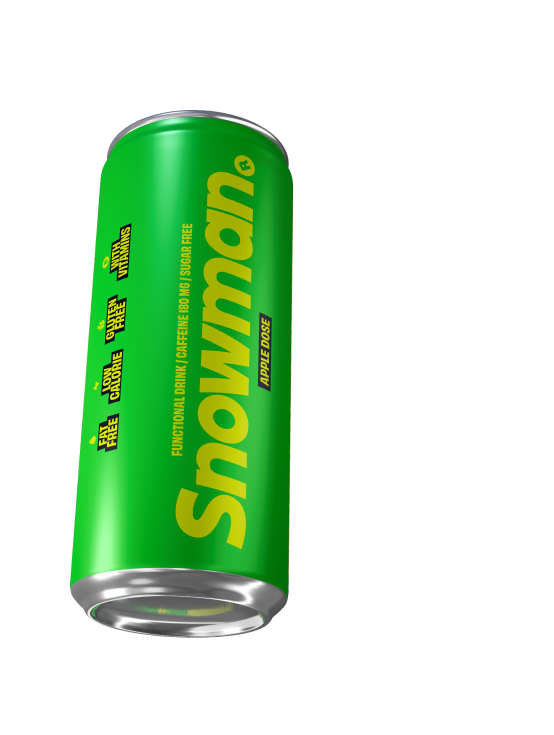
In recent years, nicotine pouches have become a popular alternative to smoking and vaping. Promoted as a cleaner, discreet, and tobacco-free option, they’re often seen as a less harmful way to consume nicotine.
But as more people—especially teens and non-smokers—turn to these products, a critical question arises: Are nicotine pouches addictive?
This article breaks down what makes these pouches potentially addictive, who’s at risk, and how you can use them responsibly.
What Are Nicotine Pouches?
Nicotine pouches are small, white pouches designed to deliver nicotine through the gums. They do not contain tobacco leaf or smoke, making them a convenient oral product.
Key Ingredients:
- Nicotine (either synthetic or tobacco-derived)
- Flavoring agents (mint, citrus, coffee, etc.)
- Fillers (usually plant-based cellulose)
- pH balancers (to aid nicotine absorption)
Users place a pouch between the gum and upper lip, where it slowly releases nicotine over 20 to 60 minutes.
The Role of Nicotine in Addiction
Nicotine is a highly addictive stimulant. When absorbed, it stimulates the release of dopamine—a brain chemical linked to pleasure and reward. This creates a “feel-good” effect that reinforces the desire to use again.
Nicotine addiction signs:
- Craving nicotine
- Difficulty stopping use
- Withdrawal symptoms (irritability, headaches, anxiety)
- Using more frequently or in higher doses than intended
Whether it’s in cigarettes, vapes, or pouches—nicotine’s impact on the brain remains the same.
Are Nicotine Pouches Addictive? What Science Says
Yes, nicotine pouches are addictive, because they deliver the same active ingredient—nicotine—that causes addiction in smokers and vapers.
Scientific findings:
- Studies show nicotine from pouches reaches the bloodstream quickly, though not as fast as from cigarettes or vapes.
- Many users report cravings and habitual use patterns, especially with stronger pouches (6–12 mg).
- Brain scans of habitual users show similar neural activity as smokers.
Even though pouches may reduce exposure to harmful chemicals, they do not eliminate the risk of addiction.
Who Is Most at Risk of Addiction?
Certain individuals are more likely to develop dependence on nicotine pouches:
- Teenagers and young adults: Developing brains are more susceptible to addiction.
- People with a history of smoking or vaping
- Individuals with anxiety or depression
- Those using high-strength pouches regularly
The appeal of flavored pouches also increases the risk for first-time users who may not have previously used nicotine.
Signs You May Be Addicted to Nicotine Pouches
Recognizing addiction early can help you take control. Watch for these red flags:
- You crave a pouch when you’re stressed or idle
- You feel irritable or anxious without one
- You use more than 6–8 pouches a day
- You’ve tried to quit but can’t cut back
- You use pouches in secret or during inappropriate times
Comparing Addiction Potential: Pouches vs Smoking/Vaping
| Product | Addiction Risk | Absorption Speed | Ease of Use |
|---|---|---|---|
| Nicotine Pouches | Moderate to High | Slower than smoking | Very discreet |
| Cigarettes | Very High | Fastest | Strong ritual tie |
| Vapes | High | Fast | Easy and frequent use |
Pouches are less addictive than cigarettes in terms of rapid delivery, but can be just as habit-forming due to their ease and flavor variety.
Can You Use Nicotine Pouches Without Becoming Addicted?
Yes, but it requires awareness and moderation.
Tips for Responsible Use:
- Start with low-strength pouches (2–4 mg)
- Limit use to occasional needs, not routine
- Avoid using when bored or emotionally triggered
- Track your daily use
Just like coffee or alcohol, controlled use can be managed—but the line between use and dependence can blur quickly.
How to Quit or Cut Back If You’re Addicted
Quitting doesn’t have to be cold turkey. Many people successfully taper off pouches over weeks or months.
Strategies:
- Switch to lower nicotine strengths gradually
- Replace pouches with gum or herbal alternatives
- Set time limits for use (e.g., only after meals)
- Keep track of your cravings in a journal
- Talk to a doctor or counselor for behavioral support
Nicotine-free pouches may help users manage oral fixation while reducing nicotine intake.
What Experts Recommend About Nicotine Pouch Use
Public health bodies are clear:
- Nicotine is addictive, regardless of delivery method.
- Pouches may be less harmful than smoking, but not harmless.
- They should be used cautiously, especially among youth and non-smokers.
Experts advise using pouches only if you are trying to quit more harmful products—and always under guidance if possible.
FAQs: Are Nicotine Pouches Addictive?
1. Can I become addicted after trying just one pouch?
It’s unlikely, but not impossible—especially if you have an addictive personality or low nicotine tolerance.
2. Are low-strength pouches less addictive?
Yes, but they still carry risk. Use is safest when infrequent.
3. Are flavored pouches more addictive?
Not chemically—but they can encourage more frequent use, increasing addiction risk.
4. Can I use pouches just socially without getting hooked?
Possibly—but watch for increasing cravings or routine use.
5. Is nicotine addiction dangerous?
Yes. It can lead to long-term dependency, heart strain, and impacts on mental health.
6. Are there nicotine-free pouches that feel similar?
Yes. Some brands offer herbal or CBD options that mimic the sensation without the addiction risk.
Conclusion: Making Informed Choices with Nicotine Pouches
So, are nicotine pouches addictive? Yes—because they contain nicotine, which is inherently habit-forming. While they may offer a cleaner, smoke-free experience, they still pose a real risk of dependency.
The key is mindful use. Know your limits, monitor your habits, and don’t let convenience turn into compulsion. If you’re using them to quit smoking, they can be helpful—but they should never be your end goal.








